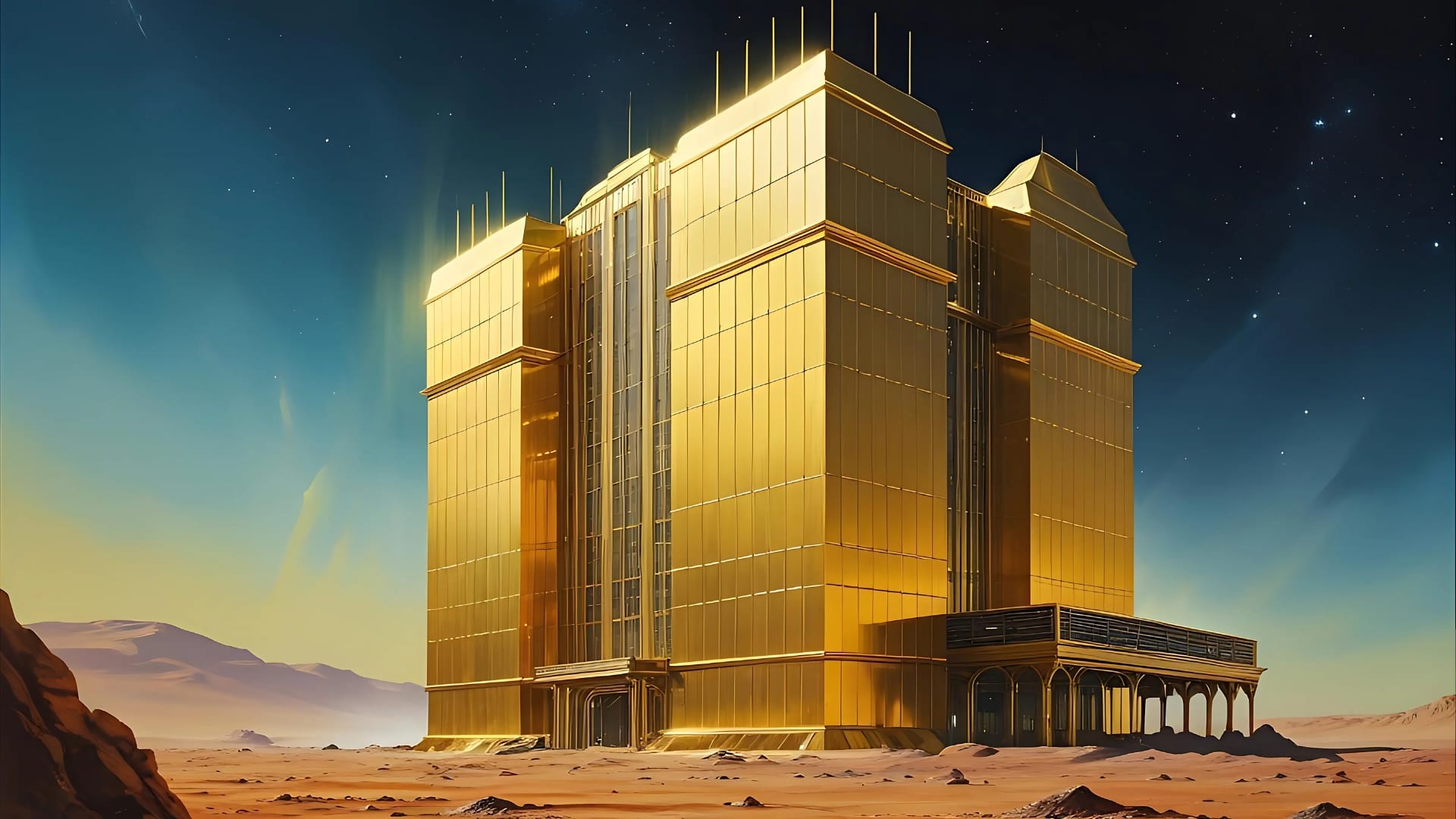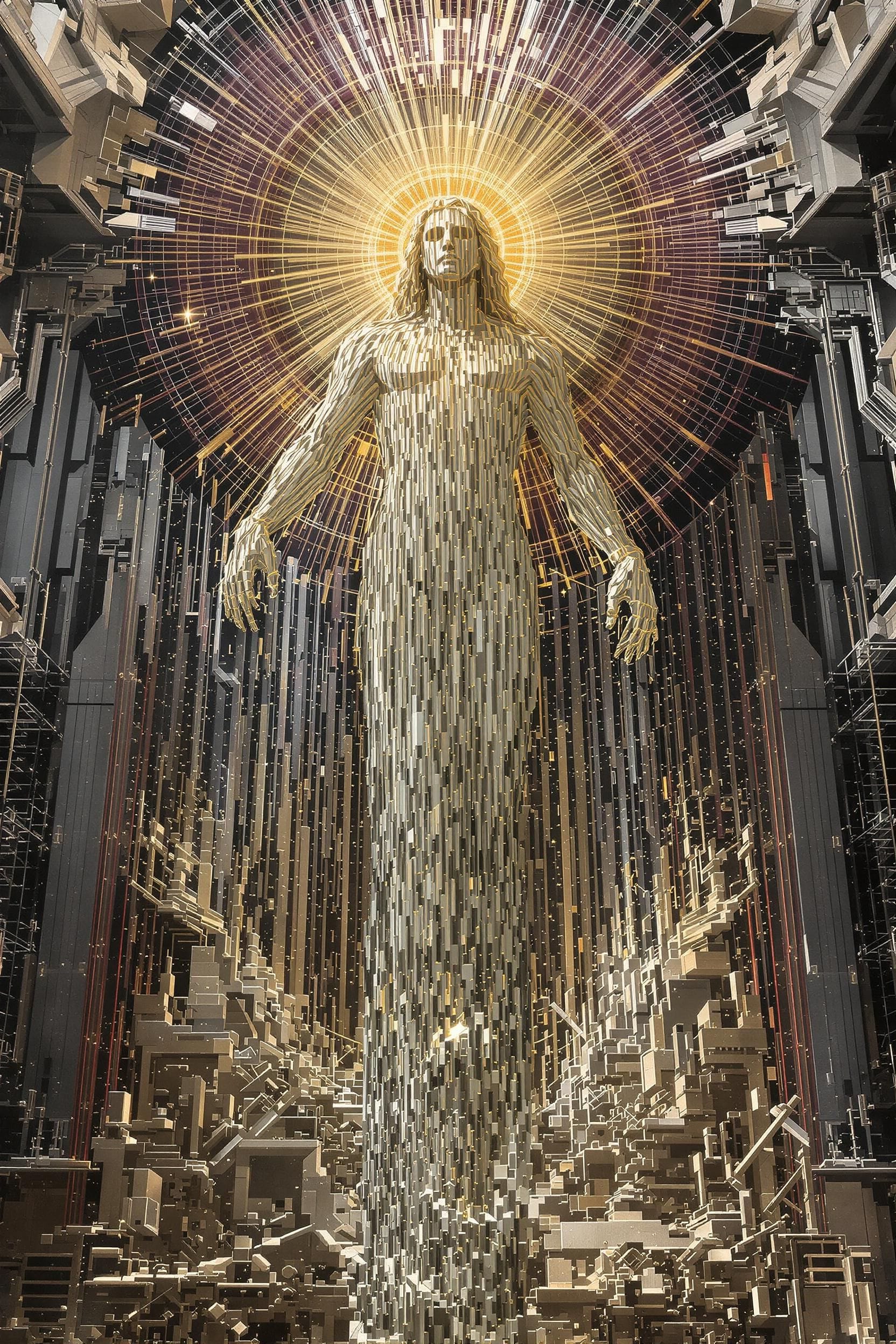Post-Human Philosophy: What Comes After Homo Sapiens
Explore the philosophical implications of transhumanism and our potential evolution.

As I navigate the ever-expanding frontier of technology and philosophy, I find myself captivated by the concept of post-humanism. What does it mean to be human in an age where our very nature may soon be transformed by technology? Emerging trends like transhumanism, genetic enhancement, and even mind uploading provoke deep questions about our identity, existence, and the future of humanity itself. Join me as I delve into these intriguing philosophical implications and explore the potential for our evolution into new forms of life.
The Transhumanist Movement: Redefining Humanity
Transhumanism is more than just a philosophical concept; it's a movement aimed at enhancing human capabilities through advanced technologies. This involves everything from genetic modifications to cybernetic enhancements, pushing the boundaries of what it means to be human. As I researched this topic, I couldn't help but ponder: will these advancements help us transcend our limitations or lead us down a path of ethical dilemmas?
Imagine a future where individuals can enhance their cognitive abilities, improve physical performance, or even achieve longevity through genetic interventions. It raises profound questions about equity and accessibility. Who gets to enhance themselves, and at what cost? As these technologies become available, we must confront the moral implications of a society that could be divided between the enhanced and the unenhanced.
Genetic Enhancement: A Double-Edged Sword
Genetic enhancement is perhaps one of the most contentious aspects of post-human philosophy. With CRISPR and other gene-editing technologies at our disposal, we have the power to manipulate the very building blocks of life. While this offers the tantalizing possibility of eradicating genetic diseases, it also opens the door to potential misuse.
As I explored the implications, I envisioned a future where “designer babies” could become the norm. What happens to the value of individuality when parents can choose traits like intelligence, physical appearance, or even personality? This brings us to the philosophical question of what constitutes identity. If we can curate our traits, do we lose the essence of what makes us human?
Mind Uploading: The Quest for Immortality
One of the most fascinating—and perplexing—ideas in post-human philosophy is mind uploading. The prospect of transferring our consciousness into a digital medium raises profound questions about identity and existence. If I could upload my mind into a virtual realm, would I still be me? Would my consciousness remain intact, or would it merely be a copy of my thoughts and experiences?
This notion of digital immortality tantalizes many, yet it also invites skepticism. What constitutes "self"? If our consciousness can exist in multiple forms, how do we define individuality? As I grappled with these concepts, I began to see that the implications stretch far beyond personal identity—they challenge our understanding of life, death, and what it means to truly exist.
Evolving Into New Forms of Life
As I continue to explore these themes, I find myself contemplating the broader implications of evolving into new forms of life. If humanity does embrace transhumanism, what will our future selves look like? Will we develop new senses, experience reality differently, or even exist in forms beyond our current comprehension?
Imagine a world where humans are interconnected through technology, able to communicate and share experiences in ways that transcend language and physical boundaries. This prospect excites me, yet it also raises concerns about the loss of our unique individualities. As we evolve, we must ask ourselves: will we become something greater, or will we risk losing the essence of what makes us human?
The Ethical Landscape
Throughout my exploration of post-human philosophy, the ethical landscape remains a significant concern. As we embrace these advancements, we must confront the implications of our choices. Who decides the future of humanity? How do we navigate the ethical dilemmas presented by these technologies?
I believe it is essential for society to engage in open discussions about the ethical dimensions of these advancements. As we tread this uncharted territory, we must consider the potential consequences, not only for ourselves but for future generations. The balance between progress and ethical responsibility will be paramount in shaping the future we desire.
Conclusion: A New Dawn for Humanity
As I reflect on these philosophical implications, I am filled with a sense of wonder and responsibility. The post-human era is not merely a future possibility; it is a profound opportunity for transformation. We stand at the precipice of evolution, with the potential to redefine what it means to be human.
In this journey toward the unknown, we must remain vigilant, thoughtful, and compassionate. As we navigate the complexities of transhumanism, genetic enhancement, and mind uploading, we have the chance to shape a future that honors both our humanity and our aspirations.
If you're intrigued by these topics and want to explore how emerging technologies will impact our lives, I invite you to engage with me directly. Click here to schedule a one-on-one mentorship with me, Srinidhi Ranganathan—the Human AI Legend. Together, we can unravel the mysteries of our evolving existence and envision a future that embraces both innovation and humanity!




